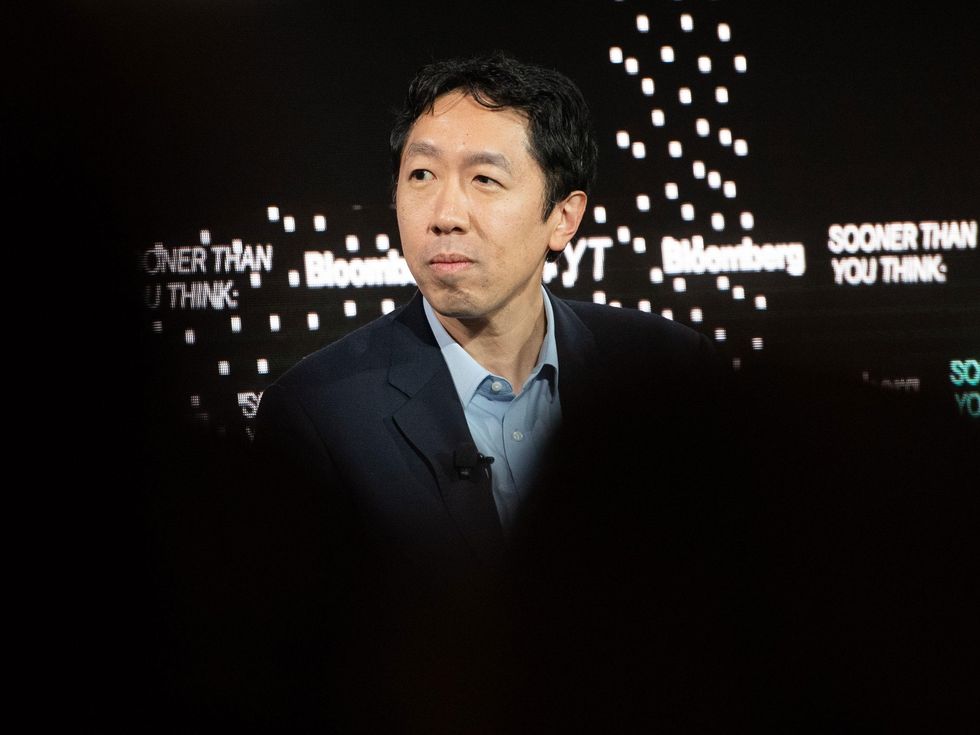Now Reading: Andrew Ng Advocates for Scaling AI Responsibly
-
01
Andrew Ng Advocates for Scaling AI Responsibly
Andrew Ng Advocates for Scaling AI Responsibly

Quick Summary:
- Andrew Ng, a pioneer in AI and deep learning, emphasizes a shift towards “data-centric AI,” which focuses on quality and efficient use of smaller datasets rather than massive data volumes.
- His company, Landing AI, uses the “LandingLens” platform to help manufacturing firms with visual inspection tasks through targeted improvement of smaller curated datasets.
- While large foundation models (like GPT-3 for NLP) dominate certain applications, Ng advocates small-data solutions for industries lacking giant datasets.These approaches focus on engineering better quality data to improve model accuracy without scaling up data size unnecessarily.
- Synthetic and high-quality data generation emerge as critical aspects of enhancing targeted performance while addressing biases in machine learning systems.
- Ng believes empowering clients to manage their own AI systems is key for scalability across diverse industries like manufacturing and healthcare.
Indian Opinion Analysis:
Andrew Ng’s advocacy for “data-centric AI” represents an evolution in artificial intelligence practices that coudl substantially impact sectors where large-scale datasets are inaccessible-manufacturing being an immediate example he addresses through his platform LandingLens. In the Indian context, this approach aligns well with the realities faced by numerous small-to-medium enterprises (SMEs) and startups that may lack access to extensive compute resources or grandiose repositories of training data but need pragmatic tools tailored to specific local challenges.
India’s burgeoning interest in leveraging AI spans industries like agriculture, healthcare diagnostics, urban planning, and textile manufacturing-all fields where curated subsets of quality “good data” might provide impactful outcomes without necessitating expensive infrastructure investments. The push toward empowering end-users or manufacturers highlights a scalable workflow beyond reliance on centralized expertise-making tools user-friendly enough for Indian businesses could catalyze broader adoption locally.
Moreover, Ng’s acknowledgment of synthetic data techniques holds unique relevance here; generating culturally-specific or region-based synthetic examples could aid efforts from weather prediction solutions to education tech localized linguistics engines effectively bridging gaps posed by naturally insufficient native corpora quantity without bias issues strengthening sustainability edges within borderline niches benefiting larger populace welfare overgleams forced imported static standards global-model centric scenarios adjusting specially deployed engineered subset refinements noticed operational efficiency tena

























